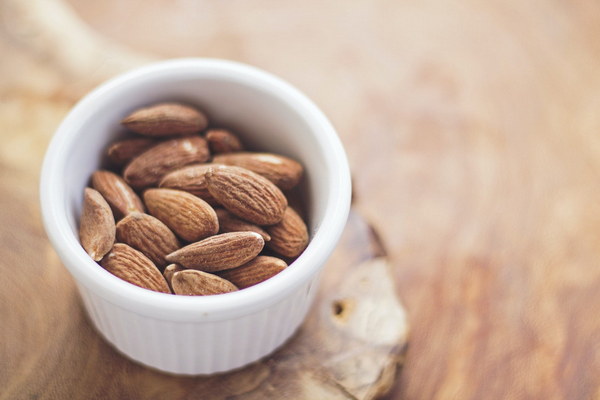Can Hypothyroidism Be Treated with Dietary Supplements
Introduction:
Hypothyroidism, a common endocrine disorder, affects millions of people worldwide. It occurs when the thyroid gland does not produce enough thyroid hormones, leading to a slow metabolism, fatigue, weight gain, and other symptoms. While medication is the primary treatment for hypothyroidism, some people wonder if dietary supplements can aid in managing the condition. In this article, we will explore the potential benefits of dietary supplements for hypothyroidism and whether they can be used as a complementary treatment.
1. Understanding Hypothyroidism:
Hypothyroidism can be caused by various factors, including autoimmune disorders, iodine deficiency, radiation therapy, and certain medications. The condition is characterized by low levels of thyroid hormones, which regulate metabolism, growth, and development in the body.
2. The Role of Dietary Supplements:
Dietary supplements are natural substances that are intended to supplement the diet. They can be vitamins, minerals, amino acids, herbs, or other substances. While medication is the primary treatment for hypothyroidism, some people believe that dietary supplements can help manage the symptoms and improve overall health.
3. Iodine:
Iodine is an essential mineral required for the production of thyroid hormones. An iodine deficiency can lead to hypothyroidism. Therefore, taking iodine supplements may be beneficial for some individuals. However, it is crucial to consult a healthcare professional before starting iodine supplementation, as excessive iodine intake can also cause thyroid problems.
4. Selenium:
Selenium is a trace mineral that plays a vital role in the production of thyroid hormones. Deficiency in selenium can lead to hypothyroidism. Selenium supplements may help improve thyroid function in some cases. However, selenium is a powerful antioxidant, and excessive intake can be harmful. It is important to follow the recommended dosage and consult a healthcare provider.
5. Omega-3 Fatty Acids:
Omega-3 fatty acids are essential fats that have anti-inflammatory properties. They may help reduce symptoms of hypothyroidism, such as joint pain and inflammation. Fish oil supplements, which are rich in omega-3 fatty acids, may be beneficial for some individuals. However, it is important to choose high-quality supplements and consult a healthcare provider.
6. Herbs and Botanicals:
Some herbs and botanicals are believed to support thyroid health. For example, thyroid glandular supplements, which contain extracts from animal thyroid glands, were once used to treat hypothyroidism. However, these supplements are no longer recommended due to safety concerns. Other herbs, such as bladderwrack, have been used traditionally to support thyroid function. However, scientific evidence supporting their efficacy is limited, and they may interact with thyroid medication. It is crucial to consult a healthcare provider before using herbal supplements.
7. Conclusion:

Dietary supplements may offer some benefits for individuals with hypothyroidism. However, it is important to remember that they are not a substitute for thyroid medication. Before starting any dietary supplement, it is crucial to consult a healthcare professional, as some supplements may interact with thyroid medication or worsen the condition. While dietary supplements may help manage symptoms and support overall health, they should be used as a complementary treatment rather than a primary therapy.
In conclusion, while dietary supplements may offer some benefits for individuals with hypothyroidism, they should not replace thyroid medication. It is essential to consult a healthcare professional before starting any supplement, as they may interact with thyroid medication or worsen the condition. While dietary supplements may help manage symptoms and support overall health, they should be used as a complementary treatment rather than a primary therapy.









